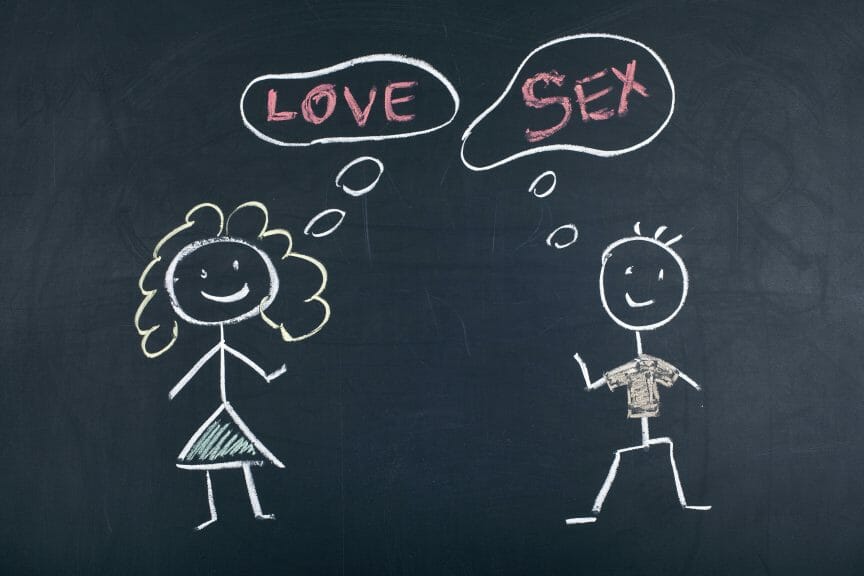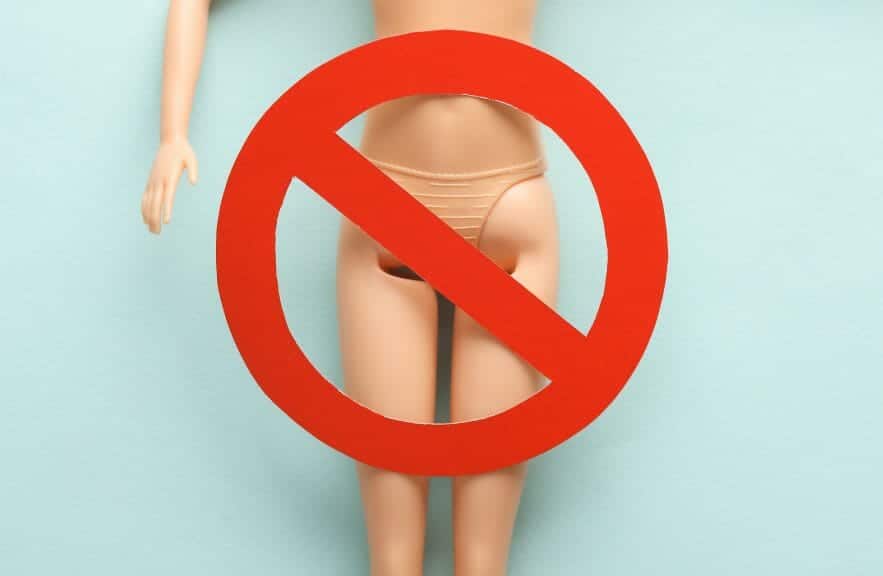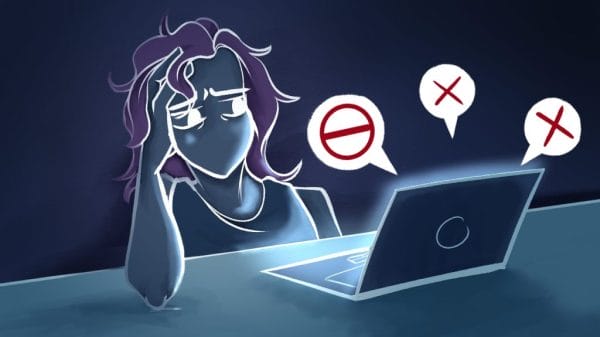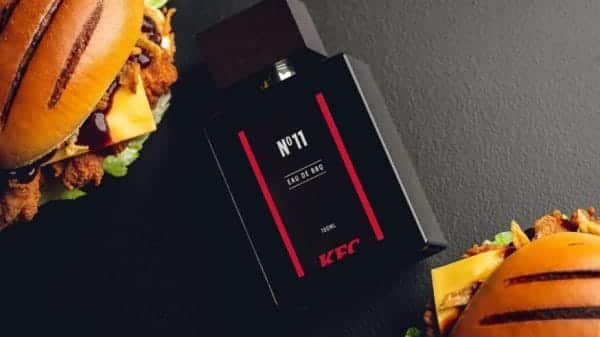The uber-popular TV series Jane the Virgin‘s opening scene has stuck with me since I saw it for the first time five years ago.
The scene features the show’s main character, Jane, at the age of 10, holding a perfect white flower.
And when I say perfect, I mean perfect. Every flower petal is in place, and the color is so white it’s practically blinding.
The camera pans to Jane’s abuela (“grandmother” in Spanish, if you didn’t know), who tells Jane to crumple the flower, perfect petals and all, in her palm. Jane does as she’s told. Her abuela then asks her to make the flower look new again.
Jane looks up at her grandma, face full of concern. She is unable to fix the rumpled, once-beautiful white flower.
“When you lose your virginity,” her abuela says suddenly, “you can never return.”

At 14, I remember thinking this scene was fascinating (and low-key terrifying). I was old enough to understand the metaphor, but only after watching this scene did I think about my virginity for the first time.
Who would I lose it to? What would it be like?
What if I chose the wrong person to have sex with for the first time? Would I spend the rest of my life regretting it?
I was not alone in my worry about this inevitable future experience. Teenage girls generally put a lot of pressure on losing their virginites, especially compared to adolescent boys.
A study performed by the Guttmacher Institute concluded that among adolescents aged 15-19 from 2015-2017 who had penile-vaginal sex, 75% of females reported that their first encounter with intercourse was with a steady partner, compared to 48% of males.
The study indicates that females put more weight on being in a relationship with the person they lose their virginity to than males.
These findings came as no surprise to me. Growing up, my mom always told me to wait until I was in love with someone, or at least dating them, to have sex with them. It felt like the decision, just like Jane’s abuela had said, would follow me for the rest of my life.

In high school, any sexual decision seemed like a lose-lose situation for girls. I witnessed virgin girls being fetishized and sought after because of their sexual status (or, I guess, lack thereof) and, at the same time, shamed for being “inexperienced.” On the other hand, girls who were sexually experienced were called sluts or “damaged goods.”
We had to pick our poison.
On the other hand, boys seemed to be encouraged to swipe their V-card at the first chance they got. Boys don’t experience the same level of slut-shaming as girls for having sex. But, they often face the same, if not worse, ridicule for abstaining past a certain age.
A 2020 study found that “behaviors associated with high sexual activity were expected more and evaluated more positively (or less negatively) in men than women.”
These unwritten laws regarding the way one’s virginity “should” be lost aren’t, it seems, fair for any gender.
I mean, the fact that “virgin” refers to someone who hasn’t had purely penile-vaginal sex is ridiculous. What about same-sex sexual partners? What defines losing one’s virginity for those who don’t have sex the “traditional” way?
Also, what about oral sex? It technically has the word “sex” in it, so are you no longer a virgin if you get head? What if you give head but have never received it? Or vice versa? Does that make you a half-virgin?
Yeah…I’m confused.
I’m also baffled that a word/concept is still considered incredibly relevant even though it’s been majorly unchanged since the Ancient Greeks started using it.

Virginity is historically un-inclusive and contributes to an unequal distribution of thoughtfulness regarding other necessary emotional and physical first steps.
Stories of our first times saying “I love you” and our first kisses are still considered to be important, but often overshadowed by stories of our “first time.”
Maybe we should teach the next generation that sex isn’t different from any other first.
I’d say the only definite conclusion that can be made about virginity, for now, is that the “right” approach is entirely dependent on the person.
People want to “do it” for a multitude of reasons. They do it because they love someone and want to connect with them physically. They do it because they’re curious about what sex is like. Or, they do it because they want to get this thing that’s been looming over their heads over with.
None of those reasons are wrong; they’re just different. Adolescents have vastly diverse life experiences that influence why they decide to say “yes” when the question of sex comes up.

Details shouldn’t matter if the sex is safe, consensual, and thoughtful. By thoughtful, I mean that, even if it’s in the heat of the moment, a person should be free to actively choose “I’m going to have sex with ___ because _____,” and be content with that decision.
An abuela’s advice to her granddaughter that she is somehow ruined or fundamentally altered by her first real sexual encounter is archaic and demeaning. Having sex for the first time, or at all for that matter, is as important as an individual wants it to be.
If we want absolute sexual freedom in which people listen to their own, un-influenced gut feelings about sex, we need to eliminate the concept of virginity. We need to change the narrative so that it’s no longer this thing we have that is taken from us.
Because if our virginities were predetermined to be taken by someone else, were they ever really ours in the first place?














